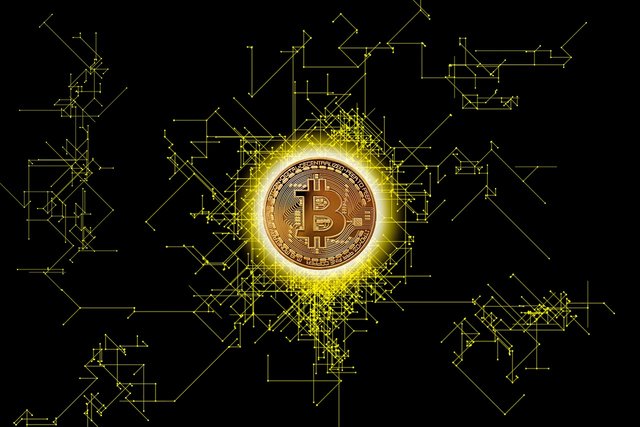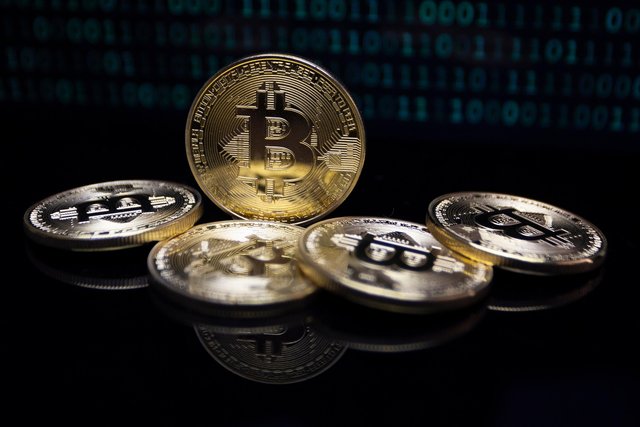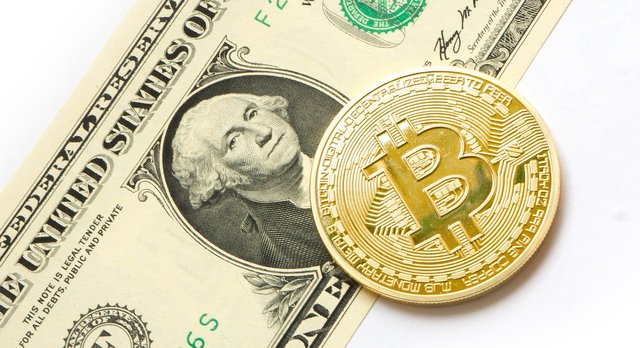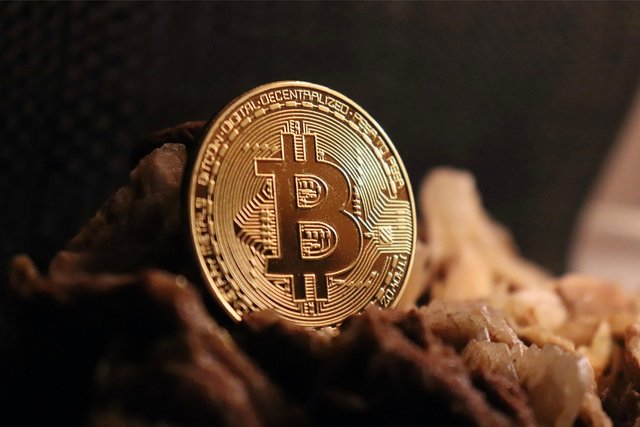Why do so many economists still not believe in Bitcoin? Personal Opinion
Hello friends of the PussFi community, good day everyone. Today I want to touch on a topic that I find interesting and that I've noticed continues to generate quite a bit of debate, even among people who one would think would be more open to change: traditional economists and their distrust of Bitcoin and cryptocurrencies in general. It's curious because it's been several years since this cryptocurrency appeared, but many still view it with a mixture of skepticism, discomfort, and even fear.

It's not uncommon to find opinions from renowned economists who still consider it a kind of bubble, or a threat to the traditional financial system. And in part, I can understand that. There's an economic structure that has functioned in a specific way for decades, where central banks play a central role—literally. They control the issuance of money, regulate inflation, and try to manage crises through mechanisms we already know: interest rates, monetary issuance, etc. And suddenly, something appears that completely escapes that control. It's understandable that many find it dangerous.
For example, Jamie Dimon (CEO of JPMorgan Chase) is one of those great detractors of Bitcoin, as can be seen in the following article: The Significance of Jamie Dimon's Reluctant Bitcoin Surrender. Just as Sharmin Mossavar-Rahmani, chief investment officer at Goldman Sachs Wealth Management, also made her position on Bitcoin very clear, as can be read in the following note: Bitcoin is soaring this year. Goldman’s crypto sceptic isn’t biting.

But we also have to look further afield. Bitcoin technology, especially the blockchain system, represents a profound change in how value can be transferred without the need for intermediaries. It's as if the entire banking and financial framework that has existed until now is suddenly being called into question. And that's no small feat. A change of this kind requires adaptation, and some are unwilling to take that leap.
Above all, there is an attack from central banks, which are losing a large market share when it comes to international transfers. We can transfer stable coins in the thousands or even millions with a minimal transfer fee, and immediately, but if we do it through a bank, it often takes days, and the costs are high.

I've read that one of the most repeated arguments is that Bitcoin doesn't have "intrinsic value," as if that were a requirement for something to function as money. But if we stop to think about it, does paper money, like the dollar, have it? The value of any currency is based on trust, and if there are millions of people in the world willing to accept Bitcoin as a form of payment, that's already a form of value, even if old-school economists don't like it.
For example, Steve Hanke, a professor of economics at Johns Hopkins, says that Bitcoin has no fundamental value and should not be considered a serious investment, as he explains in the following article: Steve Hanke Slams Bitcoin Treasury Strategy, Claims It Has ‘No Fundamental Value’
Another point is volatility. Yes, the price of Bitcoin goes up and down a lot, sometimes too much. But that also happened with many technologies when they were new. But just because something is unstable in its early days doesn't mean it doesn't have the potential to mature and become established. Sometimes you just have to let time do its work.

The most interesting thing is that while some reject it, there are countries, companies, and millions of users who are adopting it, whether as an investment, a payment system, or even as a refuge from inflationary crises. Cases like El Salvador, which adopted Bitcoin as legal tender, are an example of how in some places it's seen as a real alternative, not a threat.
Of course, this doesn't mean that everything about Bitcoin is perfect. There are things that need to improve, such as its energy consumption, accessibility for people without technological knowledge, or the need for regulations that don't suffocate but still provide security. But even so, I think that instead of seeing it as an enemy, many economists should start seeing it as an evolution.
Perhaps it's not about destroying the current system, but rather complementing it with new tools. Because if history has taught us anything, it's that when a new technology emerges, resistance only delays the inevitable, don't you think?


https://x.com/josevas217/status/1948723962961150265?t=7GHIL-2V5gZR6g8i_V4_Ng&s=19
https://x.com/josevas217/status/1948722006200889508?t=qywKA7piMu-rxJMt5eyFYg&s=19
https://x.com/josevas217/status/1948721356452807025?t=Z0IKq9cl7deyru2FubxlFw&s=19
https://x.com/josevas217/status/1948729793672814752?t=duxCi2f89xVpi7hlLyDgvw&s=19
Congratulations, your post has been manually
upvoted from @steem-bingo trail
Thank you for joining us to play bingo.
STEEM-BINGO, a new game on Steem that rewards the player! 💰
How to join, read here
DEVELOPED BY XPILAR TEAM - @xpilar.witness
🎉 Congratulations!
Your post has been manually upvoted by the SteemX Team! 🚀
SteemX is a modern, user-friendly and powerful platform built for the Steem ecosystem.
🔗 Visit us: www.steemx.org
✅ Support our work — Vote for our witness: bountyking5
Note:- ✅
Regards,
@jueco